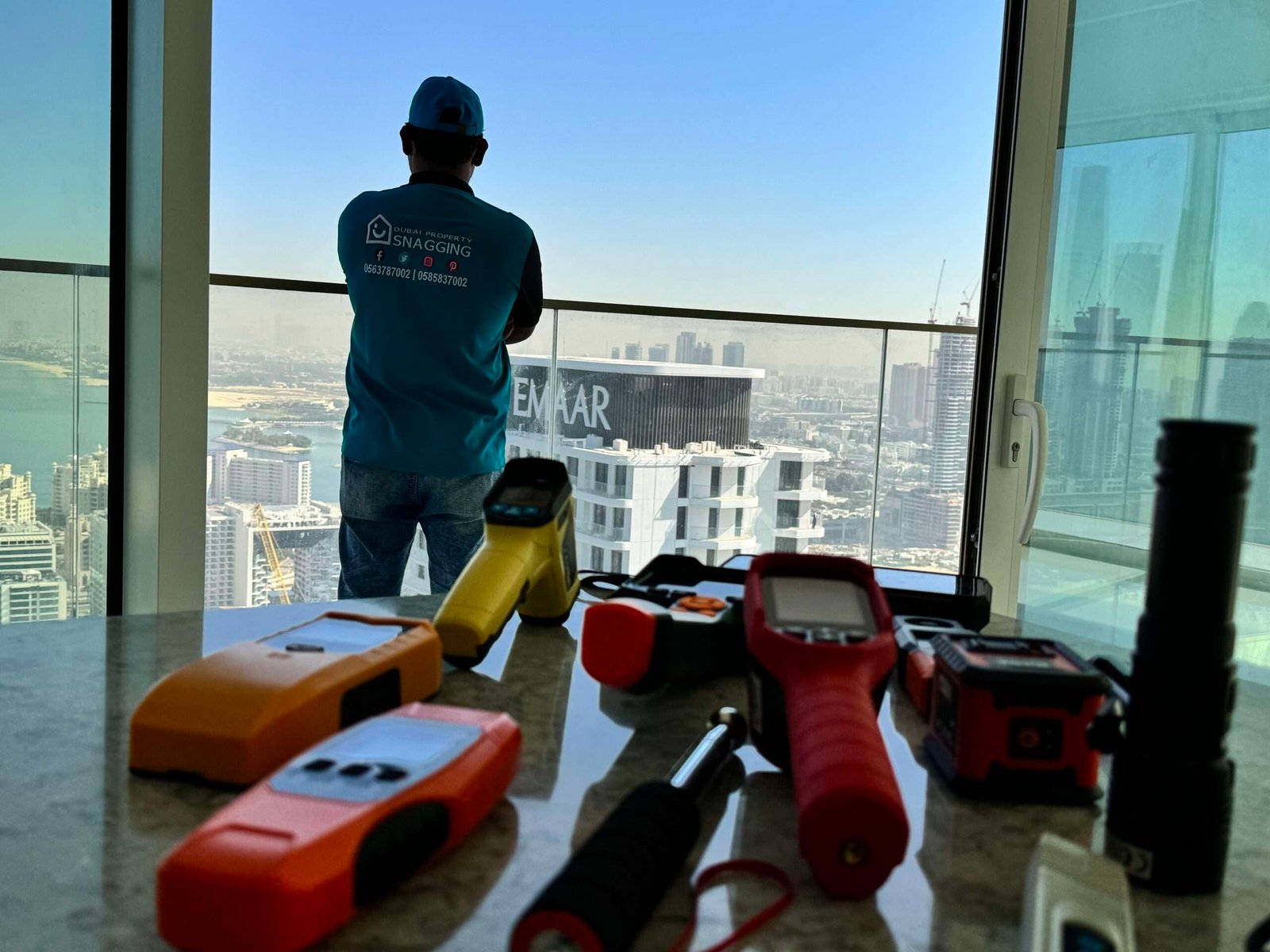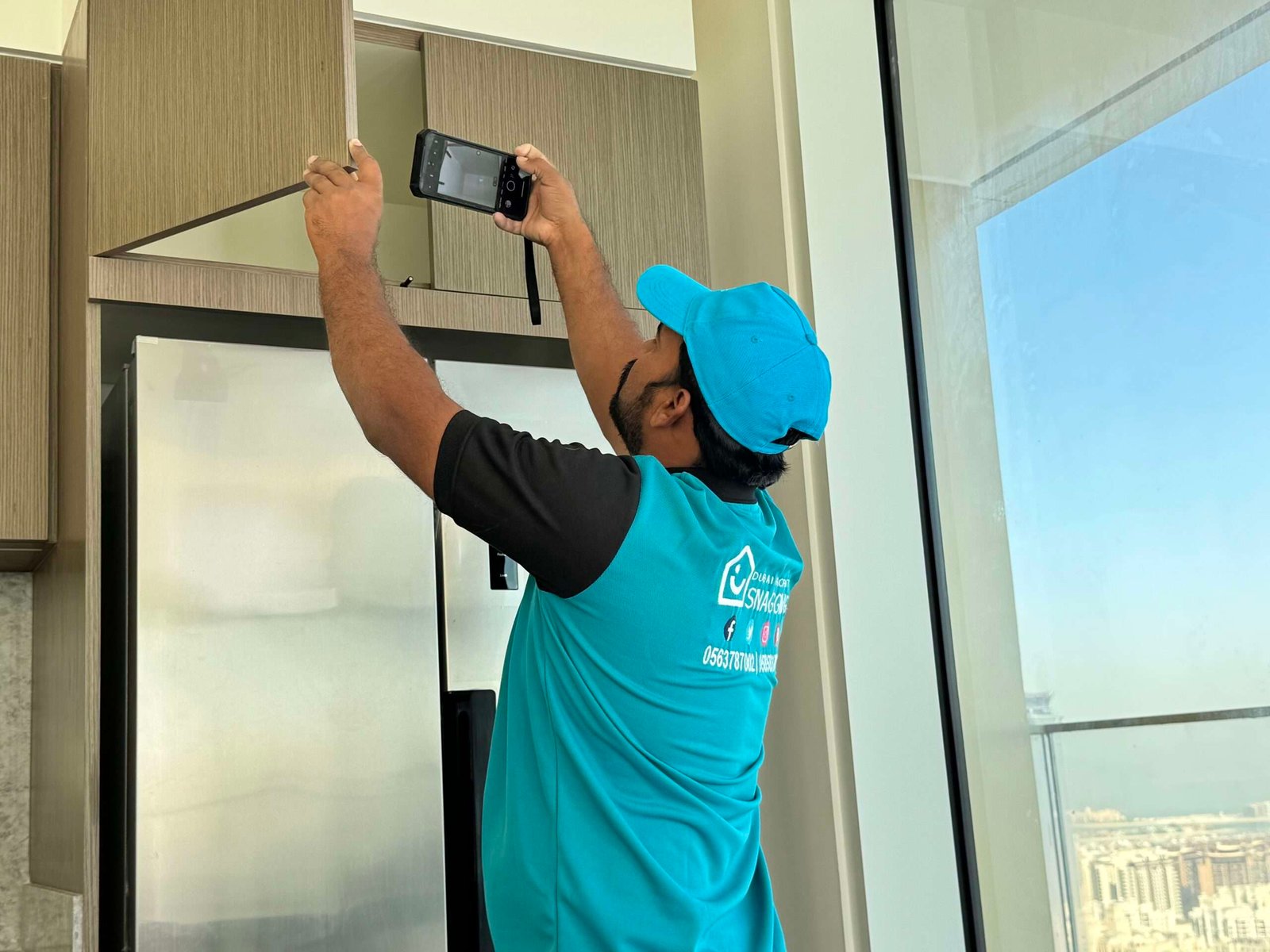The Role of Third-Party Inspectors in Quality Assurance
In real estate and construction, quality assurance plays a pivotal role in ensuring projects meet safety, functionality, and design standards. Among the many components of a robust quality assurance strategy, third-party inspectors are crucial. These professionals provide an impartial evaluation of a project’s compliance with established standards, ensuring transparency and building trust among stakeholders.
This blog explores the role of third-party inspectors in quality assurance and offers practical tips for maximizing their value.
What Are Third-Party Inspectors?
Third-party inspectors are independent professionals or organizations unaffiliated with the developer, contractor, or owner. They conduct unbiased inspections to evaluate a project’s compliance with building codes, safety standards, and contractual requirements. Their expertise spans various disciplines, such as structural engineering, electrical systems, plumbing, and fire safety.
Key Roles of Third-Party Inspectors in Quality Assurance
- Ensuring Compliance with Standards
Third-party inspectors verify that construction projects adhere to local building codes, safety regulations, and industry standards. Their impartial assessment minimizes the risk of oversights that could lead to future legal or financial liabilities. - Objective Evaluation of Workmanship
Inspectors provide an unbiased review of the quality of work completed. They identify defects, substandard materials, or poor construction practices that might compromise the project’s integrity. - Enhancing Transparency
Third-party inspections create a transparent environment by acting as a bridge between developers and buyers. Buyers gain confidence knowing an independent expert has evaluated the property. - Minimizing Delays and Rework
Early detection of issues through inspections reduces the need for costly and time-consuming repairs later. This proactive approach streamlines project timelines and ensures smoother handovers. - Supporting Snagging and Handover Processes
During the snagging process, inspectors help identify minor defects and ensure they are addressed before handover. This attention to detail enhances buyer satisfaction and protects the developer’s reputation.
Tips for Leveraging Third-Party Inspectors
- Engage Early in the Project
Involve third-party inspectors during the initial construction phases to identify and address potential issues before they escalate. Early inspections can prevent major structural or design flaws. - Verify Inspector Credentials
Ensure the third-party inspector has relevant certifications, experience, and expertise in the type of property being assessed. Look for organizations accredited by reputable bodies in the industry. - Define Clear Inspection Objectives
Clearly outline the scope of the inspection, including specific areas to be assessed and standards to be met. This ensures a comprehensive evaluation tailored to the project’s requirements. - Review and Act on Inspection Reports
Pay close attention to the findings of inspection reports. Collaborate with contractors and stakeholders to address issues promptly, ensuring a smooth progression to the next phase. - Foster Open Communication
Encourage a collaborative environment between the developer, contractor, and inspector. Transparent communication ensures all parties understand the importance of adhering to quality standards.
Benefits of Third-Party Inspections
- For Buyers:
Confidence in the safety and quality of their investment. - For Developers:
Strengthened reputation and reduced post-handover disputes. - For Contractors:
A roadmap to meet quality benchmarks and reduce costly mistakes.
Conclusion
Third-party inspectors play a vital role in maintaining high-quality standards in construction projects. By offering an unbiased perspective, ensuring compliance, and identifying issues early, they contribute significantly to the success of a project. For developers and buyers alike, investing in third-party inspections is not just a regulatory requirement but a strategic move towards excellence in quality assurance.
Leverage the expertise of third-party inspectors to build trust, enhance transparency, and ensure a successful project completion.



